and Transitional Justice
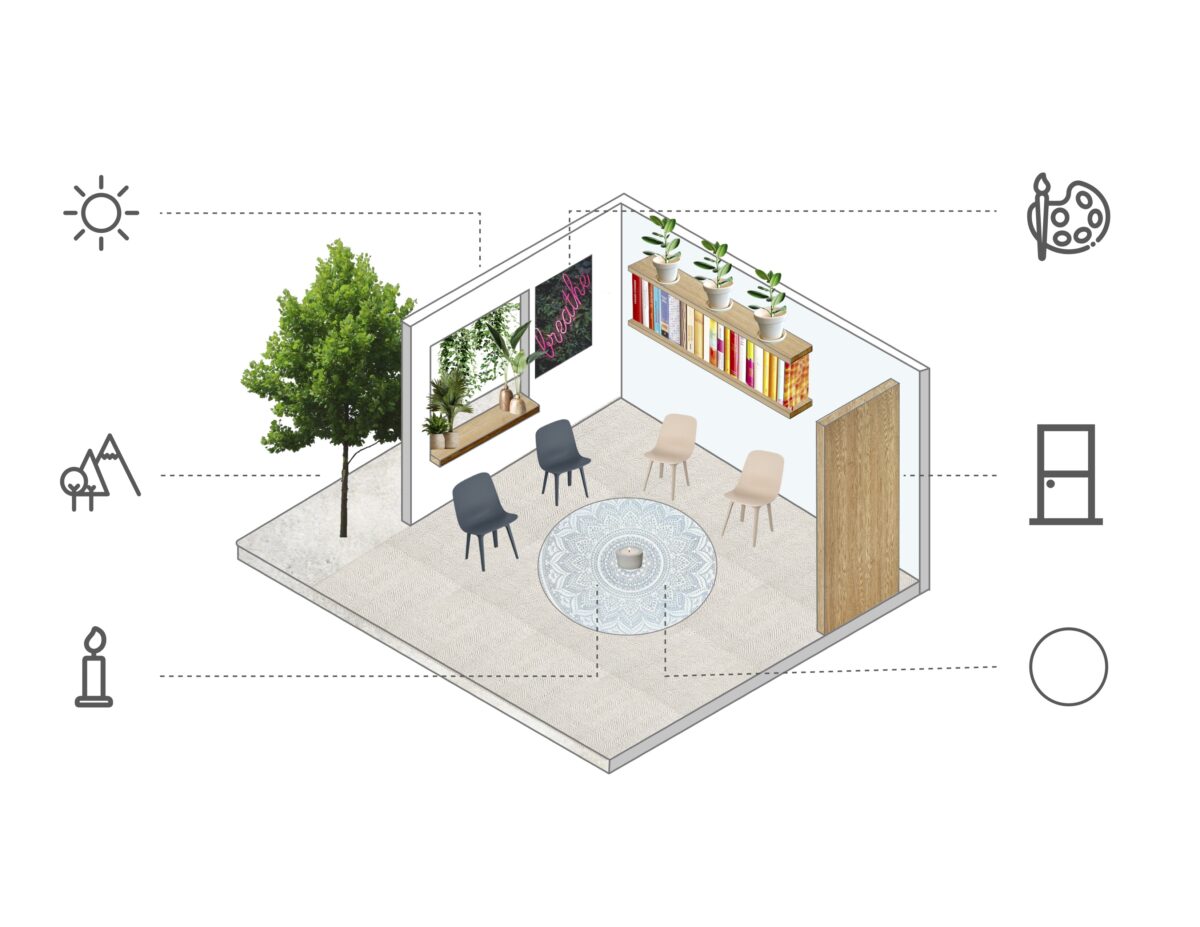
Image by Marcela Torres, inspired by Circle space at Precious Blood Ministry of Reconciliation
Restorative justice is an alternative form of justice that seeks to effect reconciliation between perpetrators and survivors. Transitional justice has similar goals but aims to foster reconciliation between offenders and oppressed groups at the scale of the community and even the nation. The values of “truth, accountability, reparation, reconciliation, conflict resolution and democratic participation” are key for both restorative and transitional justice, which are hoped to promote understanding and healing in the wake of war, colonialism and other forms of violent conflict (O’Mahony and Doak 2012: 305. DOI: 10.1163/157181212X650010). Fundamentally, both forms of alternative justice aim to repair social bonds through truth-telling, witnessing, and facing the atrocities of the past.
In some countries, such as Colombia, there is a well-developed design discourse on what reconciliation should look and feel like, in a spatial sense. In Canada, however, during the activities of the Truth and Reconciliation Commission, alternative justice workers had to contend with “make do” or “found” spaces such as schools and churches, which were inseparable from the kinds of trauma that the commission aimed to address. The Spaces of Restorative and Transitional Justice is a research-creation project based at Concordia University in Montréal, Québec, Canada. It asks, what is the nature of the spaces used for alternative justice practices? And how can we learn from listening to alternative justice architects, case workers, and advocates in order to create better spaces for this work? This website provides an open-access tool for practitioners of restorative justice and transitional justice worldwide. Here the visitor will find: case studies of alternative justice spaces, both purpose-built and adaptive re-use; interviews with diverse individuals involved in the field of alternative justice, and (by fall 2022); designs produced by architecture students at the School of Architecture, McGill University, responding to these materials and proposing provisional solutions for the spatial needs of alternative justice at different scales.
This project is led by Dr Cynthia Hammond (Art History, Concordia University) in collaboration with Dr Luis Sotelo Castro (Acts of Listening Lab/Department of Theatre, Concordia University), Dr Ipek Türeli (Canada Research Chair in Architectures of Spatial Justice, School of Architecture, McGill University) and a team of research assistants. (See people.)
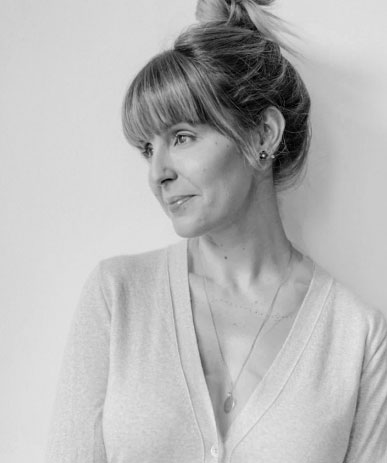
is an author, speaker, columnist, and podcaster in the fields of architecture and decorative arts. She is completing her MA in Art History at Concordia University, Montréal, and holds a Bachelor of Commerce with a major in Marketing from John Molson School of Business. She studied Industrial Psychology in Los Angeles, California. Sicotte is the author of two published books on design (2015, 2018) published by Les Éditions Cardinal.

is a Colombian PhD candidate in the Department of Art History at Concordia University. She has a background in architectural design and community activism and holds a master’s degree in Building and Urban Design from the Bartlett School of Architecture in London, England. Her interests focus on socially-engaged art, social movements, collaborative activism in post-conflict scenarios, collectively-produced art, and art produced in relation to the built environment.

is a PhD candidate in Humanities at Concordia University. His research focuses on spatial agency, social aesthetics, youth narratives, and graphic representations of urban memory. He has published on the relationship between children, play, and public space in Cartagena, Colombia. He has also worked as an editor on literary projects, including Territorio Fértil, which received the María Nelly Murillo Hinestroza award for Afro-Colombian literature.
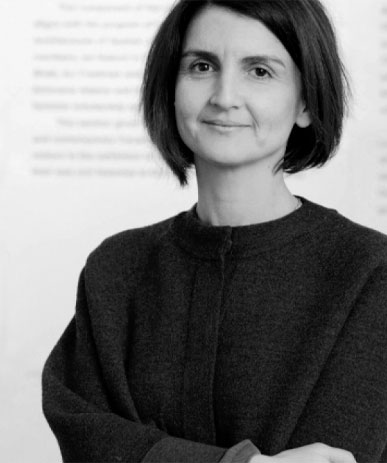
is Associate Professor and Canada Research Chair in Architectures of Spatial Justice (Tier 2) at the Peter Guo-hua Fu School of Architecture at McGill University, Montréal, Québec, Canada. Her research interests include low-income housing and participatory design, civil protest and urban design, and campus landscapes and race. Her publications include the co-edited book, Orienting Istanbul (2010) and solo-authored book, Istanbul Open City (2018).
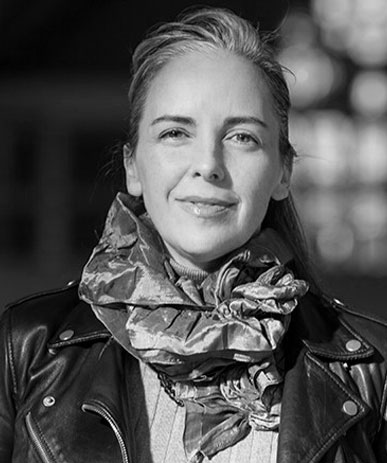
is an artist and a professor of Art History at Concordia University. Her work focuses on women and the history of the built environment, urban landscapes, research-creation, and oral history. She has published on the spatial history of the suffrage movement, public art, gardens, and the politics of urban change. In addition to her research on the spaces of restorative and transitional justice, she is leading an oral history project on the urban memories of diverse Montrealers.
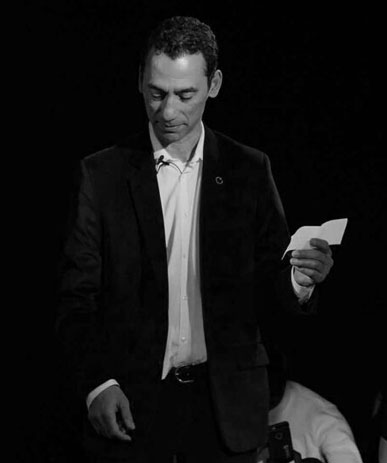
is Associate Professor in the Department of Theatre at Concordia University, Montreal (Quebec, Canada). He is also the second co-director of Concordia’s Centre for Oral History and Digital Storytelling. His latest publications explore listening in the context of post-conflict performances of memory. For instance, see ‘Facilitating voicing and listening in the context of post-conflict performances of memory. The Colombian scenario.’ In: De Nardi, S., Orange, H., et al. Routledge Handbook of Memoryscapes. Routledge: London. (2019), and his article ‘Not being able to speak is torture: performing listening to painful narratives’. International Journal of Transitional Justice, Special Issue Creative Approaches to Transitional Justice: Contributions of Arts and Culture. (March, 2020)